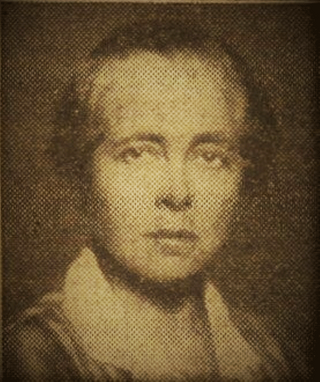Medizinalrätin Dr. Frida Maria Louisa Sofia Becher von Rüdenhof

Personalia
Born:
Died:
Profession:
Persecution:
Discharge 01.09.1938,
Imprisonment 06.06.1944 - 07.06.1944
Curriculum Vitae
Frida Maria Louisa Sofia Perels was born in Vienna as the legitimate daughter of university professor Emil Perles and Rose, née Volkmar. Her parents were of Jewish descent and converted to the Protestant faith. Frida Perels is also baptized a Protestant. Her father is an engineer and university lecturer, initially for agricultural machine technology at Martin Luther University in Halle/Saale, later becoming rector of the University of Natural Resources and Life Sciences in Vienna.
Frida Perels graduates from a teacher training college in Berlin and marries Lieutenant Carl Ritter Becher von Rüdenhof. She had a daughter with him, who was born in 1896. In 1910, at the age of 36, she graduated from high school in Graz, then studied medicine in Vienna and received her doctorate in 1915. From 1915 to 1919, Frida Becher von Rüdenhof was an assistant doctor at the Sophienhospital in Vienna, and between 1920 and 1923 she was an assistant doctor at the Vienna Polyclinic. At the same time, after the First World War, from 1919, she set up her own practice for internal medicine and pediatrics.
Frida Becher von Rüdenhof was a member of the Wiener Settlement association in Ottakring and was committed to helping impoverished children and providing further education for their mothers. This aid organization, Verein Wiener Settlement, was founded by the Viennese women Maria Lang and Else Federn, sister of the Viennese psychoanalyst Paul Federn. Frida Becher von Rüdenhof was also a member of the Austrian Women Doctors' Organization (ÖÄO), founded on 9 February 1919.
Between 1921 and 1926, she was the medical officer of the Union Bank and, from 1926, a school doctor and, from 1928, also a teacher of health at the Technical College for the Clothing Industry in Vienna's 9th district.
In 1928, alongside Dora Brücke-Teleky, Pauline Feldmann and Else Volk-Friedland, she was a speaker at the assembly of delegates of the International Medical Women's Association in Bologna. As a representative of Austrian women doctors, she took part in the 4th International Women Doctors' Congress in Vienna in 1931 and the 7th International Women Doctors' Congress in Stockholm in 1934. Frida Becher von Rüdenhof is active in the bourgeois women's movement in Vienna and advocates gainful employment for women. In the 1930s, she was the head of the marriage counseling center in the Austrian Women's Party, founded under the leadership of Marianne Hainisch, and attended its meetings as a speaker.
On March 12, 1938, Frida Becher von Rüdenhof witnessed the demise of free and independent Austria with the invasion of the German Wehrmacht. With the occupation of Austria, German legislation was adopted and with it the 'Nuremberg Race Laws', according to which Frida Becher von Rüdenhof was considered a 'full Jew'. The fact that she was married to an 'Aryan' [note: according to National Socialist diction] and had a child with him later saved her from deportation.
Frida Becher von Rüdenhof was only allowed to treat Jews in her practice after the invasion and was dismissed from the teaching profession on September 1, 1938. In 1942, her family's accounts at Creditanstalt and Länderbank were confiscated by the National Socialists. She is eventually arrested for a day on false charges of suspicion of subversion of the armed forces.
In 1942, Frida Becher von Rüdenhof's brother Emil Perels is sent to the Theresienstadt concentration camp and from there to Auschwitz concentration camp where the National Socialists murdered him.
In May 1945, Frida Becher von Rüdenhof witnessed the liberation of Austria. She was immediately able to resume her private and panel practice in full, as well as teaching at the school.
Places
Residence:
Citations
Wiener Stadt- und Landesarchiv (WStLA)
Wikipedia unter de.wikipedia.org/wiki/Frida_Becher_von_Rüdenhof
Das Wort der Frau (1931): Zeitschrift vom 20.9.1931 (Wien)
